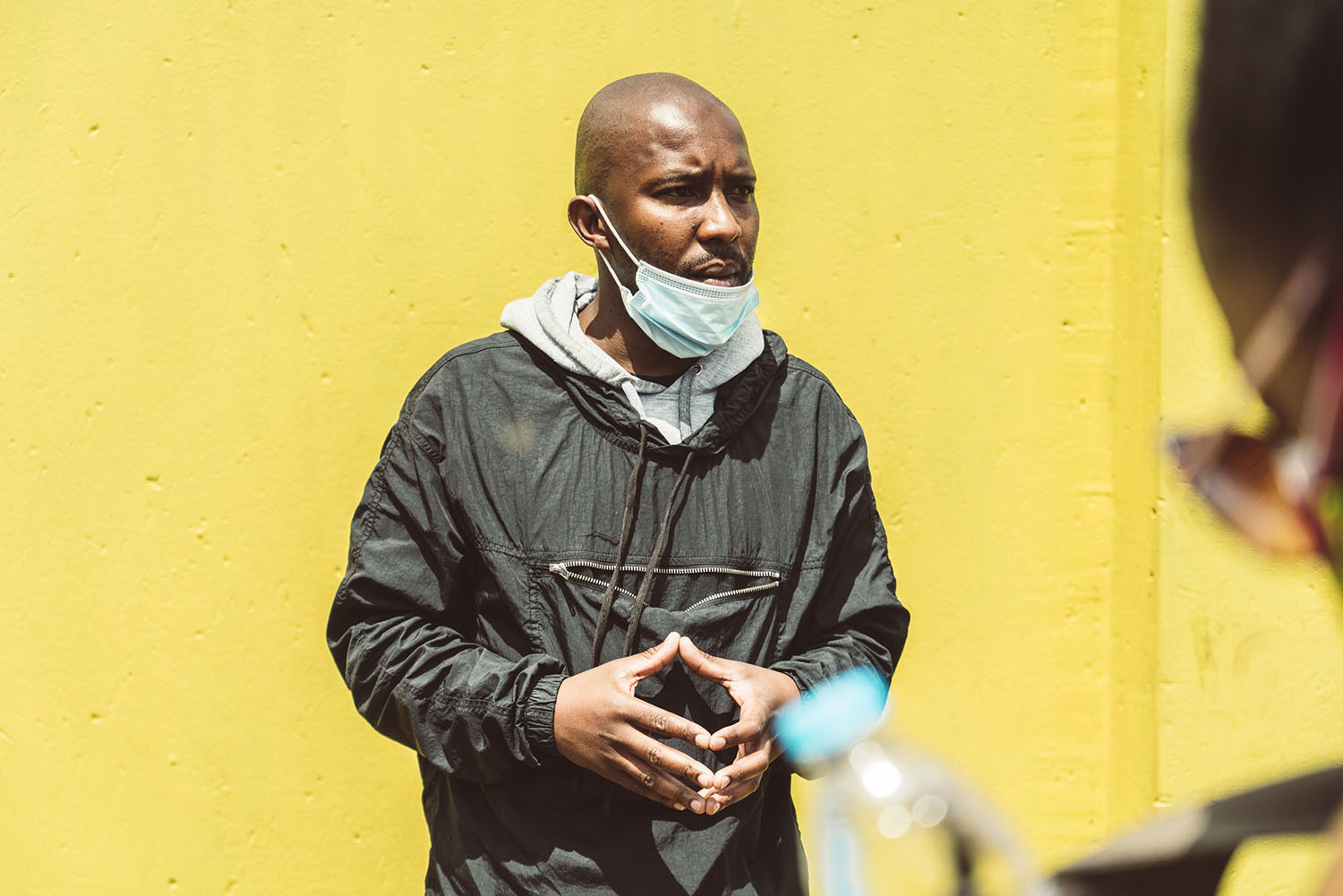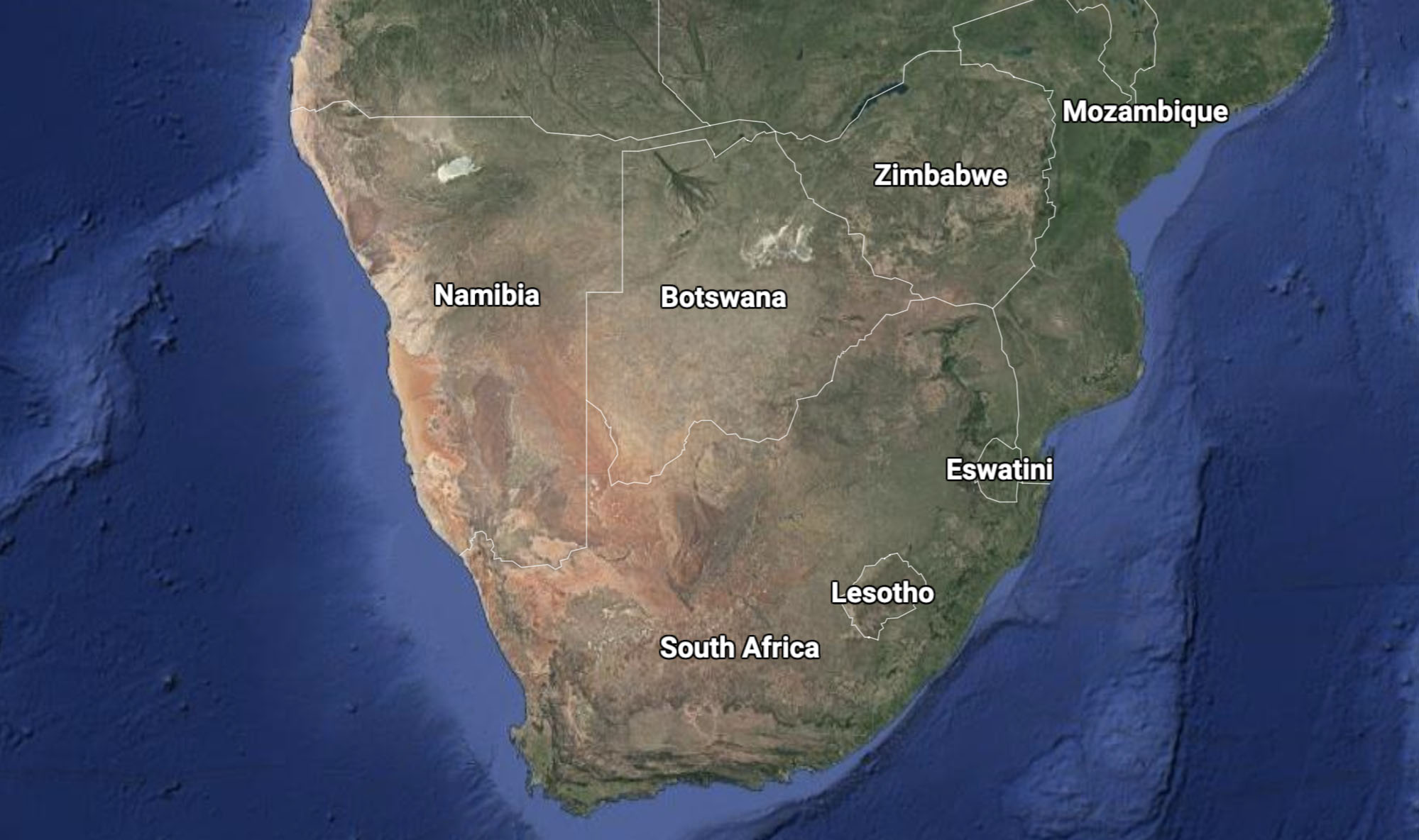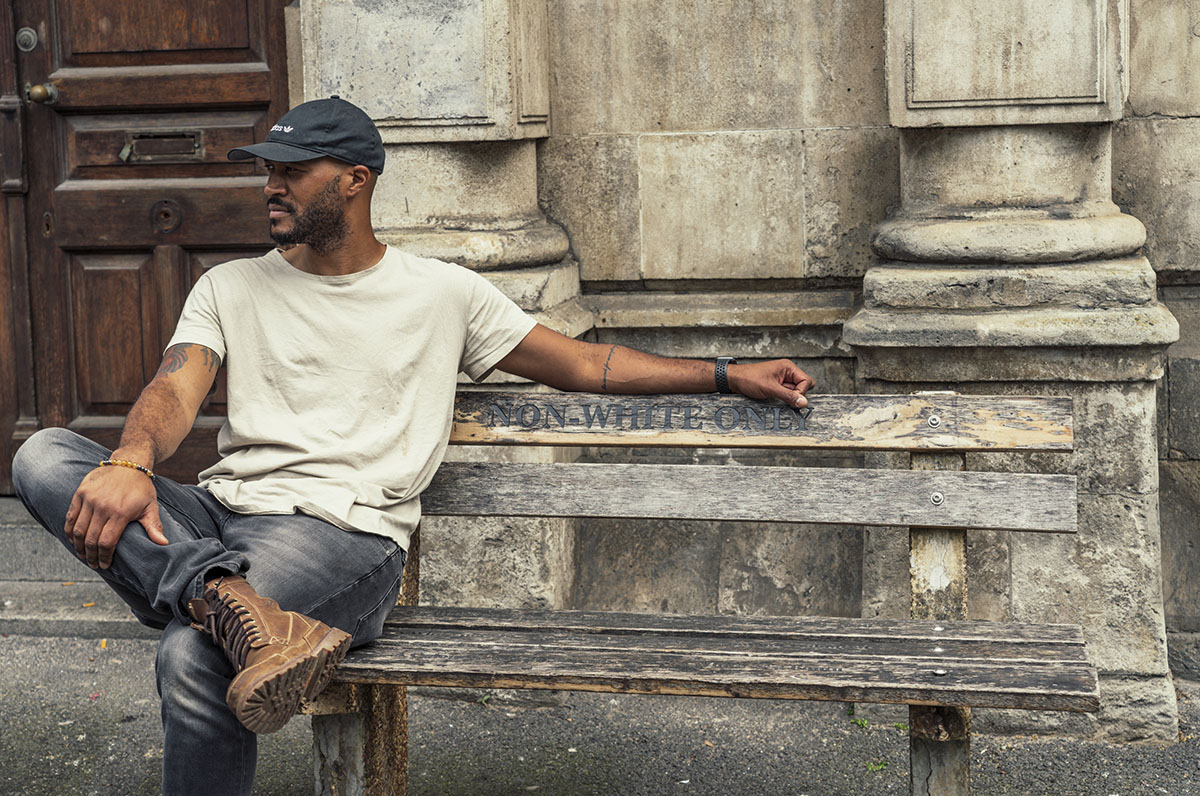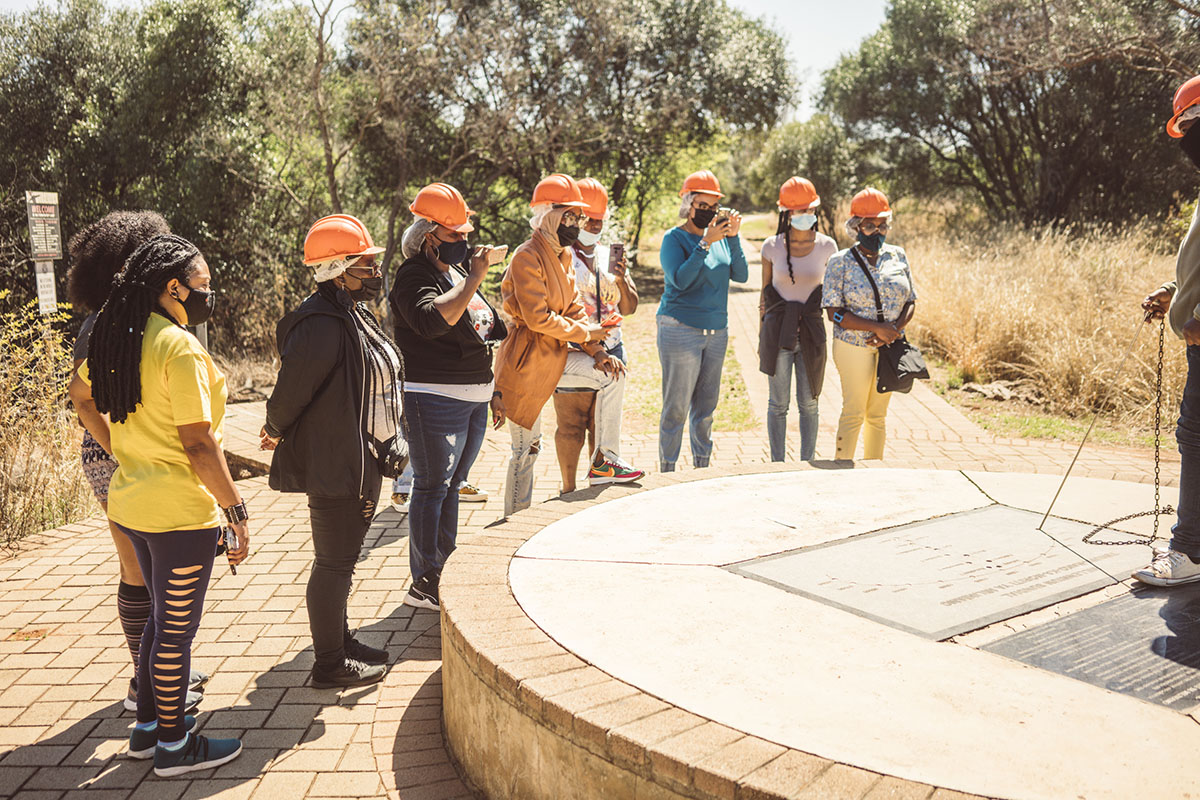
South Africa’s Omicron Travel Ban Is Racism On Display
“Typical white people sh*t” is how one Xhosa woman characterizes the international response to the COVID-19 Omicron variant being discovered in her native South Africa.
That overwhelming international response – from more than 70 countries and counting – was to ban all incoming travel not only from South Africa, but the entire southern Africa region. That includes, Botswana, Lesotho, Mozambique, Namibia, Swaziland, Zambia and Zimbabwe.
Omicron does not seem to be more dangerous than this summer’s highly contagious delta variant. But the latter did not provoke the same sort of global panic or lock downs in European cities that Omicron has, and that’s likely because it did not “originate” in Africa. I concede I cannot prove racism is at play in how governments are responding to the region, but I can illustrate how it is probably racism at play, or why at minimum, Black South Africans feel it is.
What the world is doing to South Africa for being ethical and a team player is nothing short of xenophobia and racism
— Lethabo (@lethabo_sekwele) November 28, 2021
The ” African Variant” headlines are salacious, deliberately so to boost impressions by playing on stereotypes of an unsanitary continent gone wild. Once you get into the details – – any alarm about a lethal new African strain quickly dissipates. As President Joe Biden remarked on Monday, “Omicron is a cause for concern not a cause for panic.”
President Biden knows what Dr. Angelique Coetzee, chair of the South African Medical Association, also knows: the infections are not as severe as those caused by other documented strains. “What we are seeing clinically in South Africa — and remember I’m at the epicenter of this where I’m practicing — is extremely mild, for us [these are] mild cases,” she told the BBC over the weekend. “We haven’t admitted anyone, I’ve spoken to other colleagues of mine and they give the same picture.”
So why the travel ban?
South African medical specialists were the first to notify the world about the mutation, but as we discovered on Tuesday, Omicron had possibly been detected in the Netherlands more than a week before it’s detection in South Africa. So far, no international travel bans for The Netherlands are up for debate – hence the title of this article. But back to Joe Biden’s Omicron speech, I found one of his critical observations particularly perplexing … “To their credit, the scientific community in South Africa quickly notified the world of the emergence of this new variant. This kind of transparency is to be encouraged and applauded” was swiftly attached to a sentence about taking “immediate steps to restrict travel from countries in Southern Africa.”
South Africa’s Reward For Decency
Halting flights to and from an entire region for an unforeseen amount of time because of transparency is painful for the people impacted. The exterior shuttering of South Africa and the greater southern Africa region will deaden an already fruitless tourism season. I spent six weeks traveling around the country this fall, and was the first tourist many interacted with since COVID-19 seized control of our lives. Now just weeks after welcoming me, many of these vendors, BNB operators, kitchens, museums, experience operators and tour guides will be without tourists – and the money they spend which drives the economy and puts food on the table.
Some have called the travel ban racist. I certainly can’t imagine an analogous international response to the same variant being discovered somewhere in Europe … like say The Netherlands or Belgium.
My Experience
My experience in South Africa was mixed in terms of COVID-19 safety measures and precautions. Every business or store I entered over the course of six weeks required I sanitize my hands and put on a face mask before entering. And if I forgot to do either, there was always a security guard or store employee eager to remind me. My typically dry hands became even more like weathered leather from all the rubbing alcohol. The dressed up spots will offer moisture, but not before taking your temperature … another measure selectively implemented.
That being said, South Africans are social people that enjoy a good turn-up. Moderna and Pfizer vaccination cards are not something security guards are reviewing before letting people enter a nightclub. That being said, the same can be said for most of the world. That is again, why this particular travel ban, impacting an area roughly the size of the United States, sticks out.
Memories Of The Plague
Black South Africans were scapegoated for an outbreak of the bubonic plague around the turn of the 1900s. The plague had likely been brought over to the continent by rats stowed away on British ships – but that didn’t stop those in power for using it as justification for relocating Black South Africans out of cities and into townships. Those townships were pivotal in later establishing an apartheid system in the country.
The decision to shut down travel also is impacting Americans still in the United States. Many of whom have future trips planned to the region. The travel ban means businesses like Black Girls Travel Too, a Black-owned tour group specializing in female-only trips to South Africa, could lose out revenue. Their January trip is now in jeopardy, meaning lots of unhappy customers, and disappointed businesses that will lose out on creating experiences and also, keeping the lights on.
Eric has revolved in and out of passport controls for over 20 years. From his first archaeological field school in Belize to rural villages in Ethiopia and Buddhist temples in Laos, Eric has come smile to smile with all walks of life. A writer, photographer and entrepreneur, the LA native believes the power of connectivity and community is enriched through travel.


